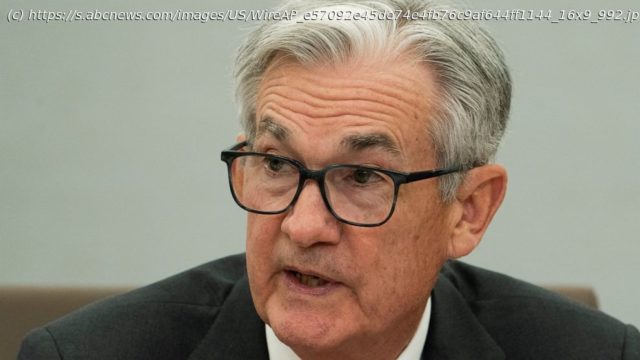Array
For most Americans, Friday’s September jobs report was welcome news: Businesses kept hiring at a brisk pace, unemployment fell back to a half-century low and average pay rose.
Yet for the Federal Reserve, the jobs figures highlight how little progress they’re making in their fight against inflation. With the Fed more likely to keep raising borrowing costs rapidly, the risk of recession will also rise.
Employers did pull back slightly on hiring last month, and average wage gains slowed. But economists say neither is falling fast enough for the Fed to slow its inflation-fighting efforts.
As a result, another hefty rate hike of three-quarters of a point — a fourth consecutive one — is likely at the Fed’s next meeting in November. (The central bank typically lifts rates in quarter-point increments.)
The Fed’s rate hikes are intended to cool the economy and tame inflation. The increases have, in turn, led to higher borrowing costs across the economy, notably for homes, credit cards and business loans.
Rising U.S. interest rates have roiled global markets and caused a sharp fall in U.S. stock prices. On Friday, share prices fell further, with the S &P 500 index off nearly 3%.
Yet as it struggles to defeat the worst inflation bout in four decades, the Fed is focused much more on the job market than on the financial markets. Underlying measures of inflation indicate that prices are still surging.
“There is still more work for the Fed to do to cool the labor market and reduce the inflationary pressures stemming from it,” said Sarah House, an economist at Wells Fargo.
Here are five ways that Friday’s report will influence the Fed as it decides how fast to continue raising rates:
LOWER UNEMPLOYMENT RATE DOESN’T HELP
For the Fed, the decline in the unemployment rate, from 3.7% to 3.5%, was a mixed bag, at best. The rate fell because both more Americans found jobs and some unemployed people gave up looking for work, which meant they were no longer counted as unemployed.
A diminished pool of people seeking jobs will keep pressure on employers to offer higher pay to attract and keep employees.






